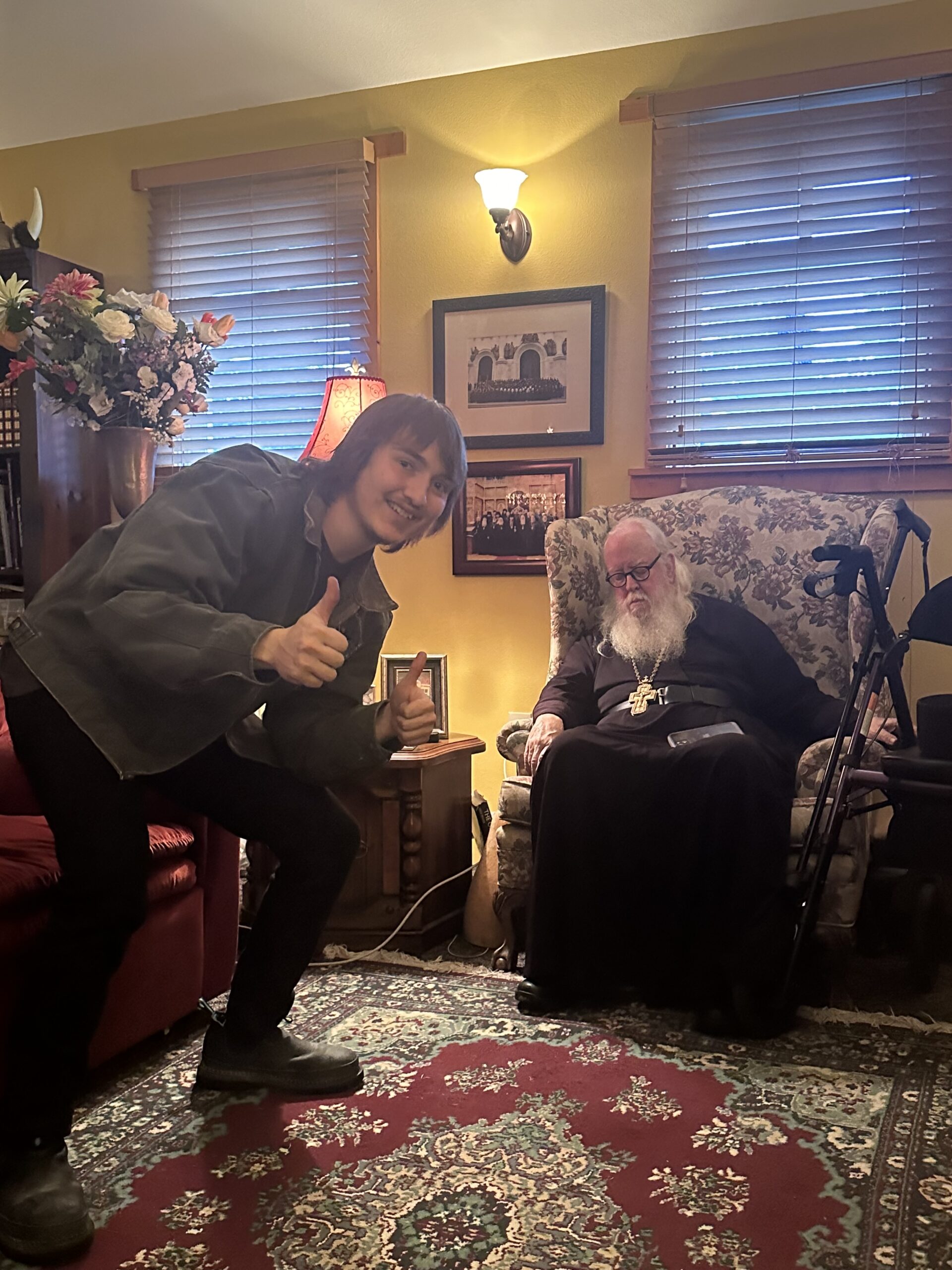Without Suffering We Cannot Join Ourselves to the Cross

Elder Ambrose of Optina Monastery said, “We should not forget that in our age of ‘sophistication’ even little children are spiritually harmed by what they see and hear. As a result, purification is required, and this is only accomplished through bodily suffering….You must understand that Paradisal bliss is granted to no one without suffering.”
A person has salvation not only by his good deeds, but also by his patient suffering of various griefs, illnesses, misfortunes, and failures (Luke 16:19-31, Mark 8:31-38, Romans 6:3-11, Hebrews 12:1-3, and Galatians 6:14). Jesus Christ gives us the power which is needed for transformation, and prepares us to live with strength under the most difficult conditions, preparing us for the peace that is eternal.
Heaven and Hell are a condition of relationship with God that is either theosis or perdition. The lake of fire and heaven occur within the same realm, both being not about places, but about relationship. For one who hates God such a place as in the presence of God, will be eternal suffering. The Orthodox Church teaches that Heaven and Hell are in the same realm, and that Hell is not separation from God symbolically or physically, Hell is a place chosen.
Without suffering we can not join ourselves to the cross, and when we do take up our cross in suffering, it is with our Co-Suffering Saviour. Sickness and suffering are not given to us by a wrathful and punitive God because we have sinned, but rather allowed by this loving God who co-suffers with us. It is Western juridical misconceptions concerning sin which has tended to distort a proper recognition of suffering and its connection to sin.
With love in Christ,
Abbot Tryphon
Tuesday December 12, 2023 / November 29, 2023
28th Week after Pentecost. Tone two.
Nativity (St. Philip’s Fast). Food with Oil
Martyr Paramon and 370 Martyrs in Bithynia (250).
Martyr Philumenus of Ancyra, and with him Martyrs Valerian and Phaedrus (274).
Venerable Acacius of Mt. Latros, who is mentioned in The Ladder (6th c.).
New Hieromartyr Sergius priest (1941).
Venerable Nectarius the Obedient of the Kiev Caves (12th c.).
St. Saturninus, martyr and bishop of Toulouse ( 257) (Gaul).
Hieromartyr Abibus, bishop of Nekressi in Georgia (6th c.) (Georgia).
St. Mardarije of Libertyville (1935) (Serbia).
Venerable Pitirim of Egypt (4th c.), disciple of Venerable Anthony the Great.
Hieromartyr Dionysius, bishop of Corinth (182).
St. Tiridates, king of Armenia (4th c.).
St. Nicholas, archbishop of Thessalonica (Greek).
Hieromartyr John of Persia (Greek).
St. Urban of Macedonia, bishop (Greek).
St. Pancosmius, monk (Greek).
St. Radboud, bishop of Utrecht (917) (Neth.).
St. Brendan of Birr (571) (Celtic and British).
The Scripture Readings
2 Timothy 3:16-4:4
16 All Scripture is given by inspiration of God, and is profitable for doctrine, for reproof, for correction, for instruction in righteousness, 17 that the man of God may be complete, thoroughly equipped for every good work.
Preach the Word
4 I charge you therefore before God and the Lord Jesus Christ, who will judge the living and the dead at His appearing and His kingdom: 2 Preach the word! Be ready in season and out of season. Convince, rebuke, exhort, with all longsuffering and teaching. 3 For the time will come when they will not endure sound doctrine, but according to their own desires, because they have itching ears, they will heap up for themselves teachers; 4 and they will turn their ears away from the truth, and be turned aside to fables.
Luke 19:45-48
Jesus Cleanses the Temple
45 Then He went into the temple and began to drive out those who bought and sold in it, 46 saying to them, “It is written, ‘My house is a house of prayer,’ but you have made it a ‘den of thieves.’ ”
47 And He was teaching daily in the temple. But the chief priests, the scribes, and the leaders of the people sought to destroy Him, 48 and were unable to do anything; for all the people were very attentive to hear Him.
